Hummingbirds are amazing creatures to behold. They are the tiniest of birds, yet possess natural born super powers that enable them to fly backwards, upside-down, and float in mid-air.
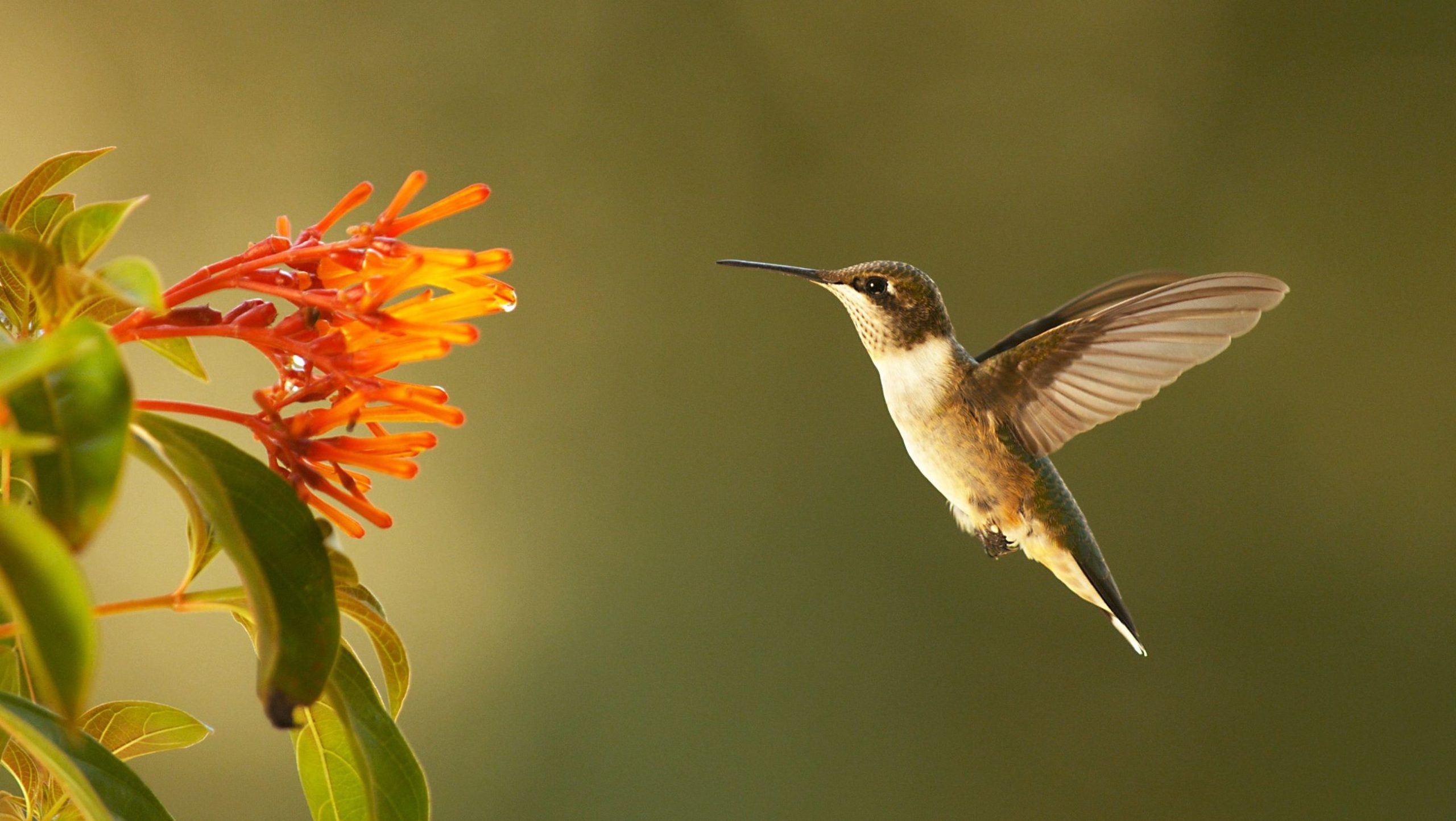


Hummingbirds are amazing creatures to behold. They are the tiniest of birds, yet possess natural born super powers that enable them to fly backwards, upside-down, and float in mid-air.
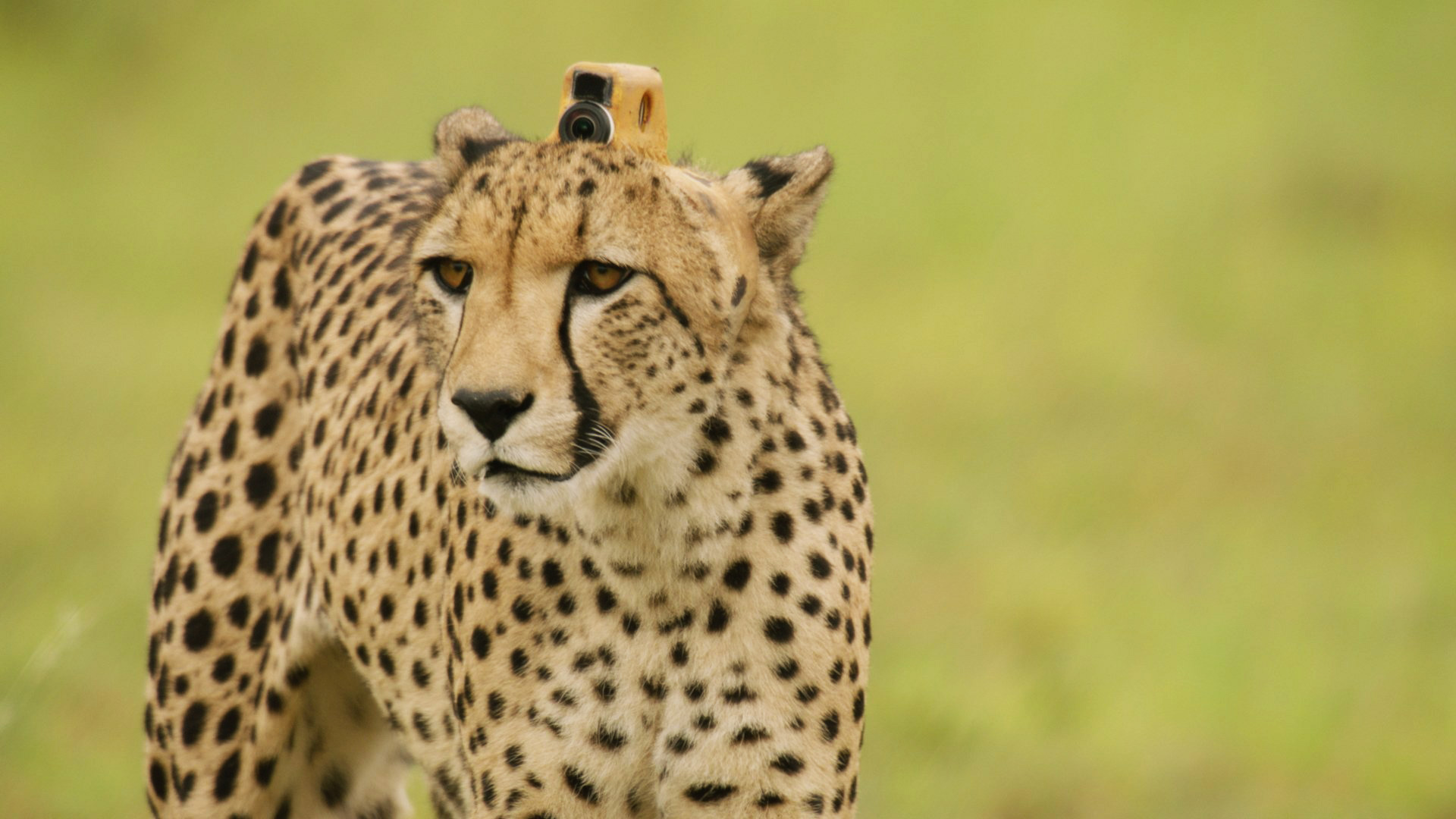
Go where no human cameraman can go and witness a new perspective of the animal kingdom in Animals with Cameras, A Nature Miniseries.
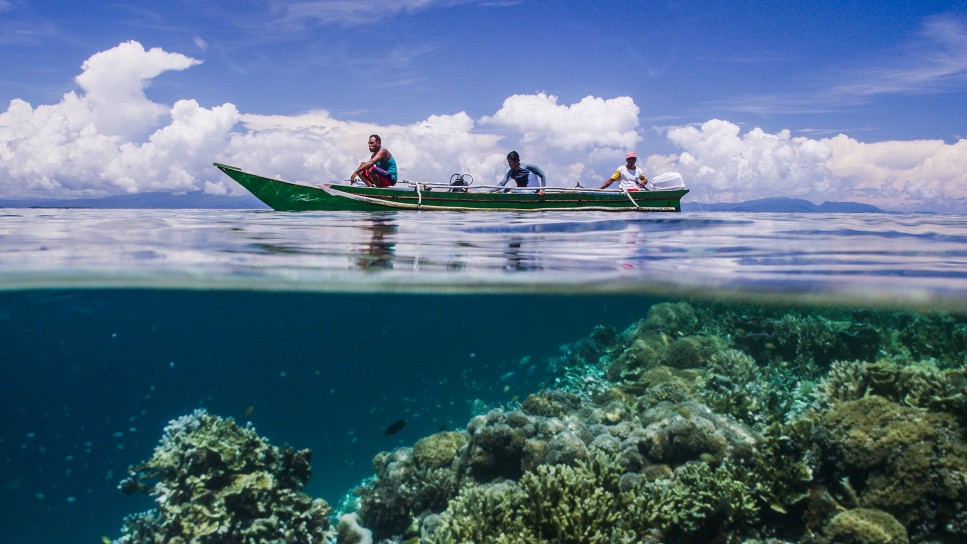
trailer magnet YEAR: 2015-??? | LENGTH: 2 seasons, 5 episodes (59 minutes each) | SOURCE: BBC description: Across our planet,…
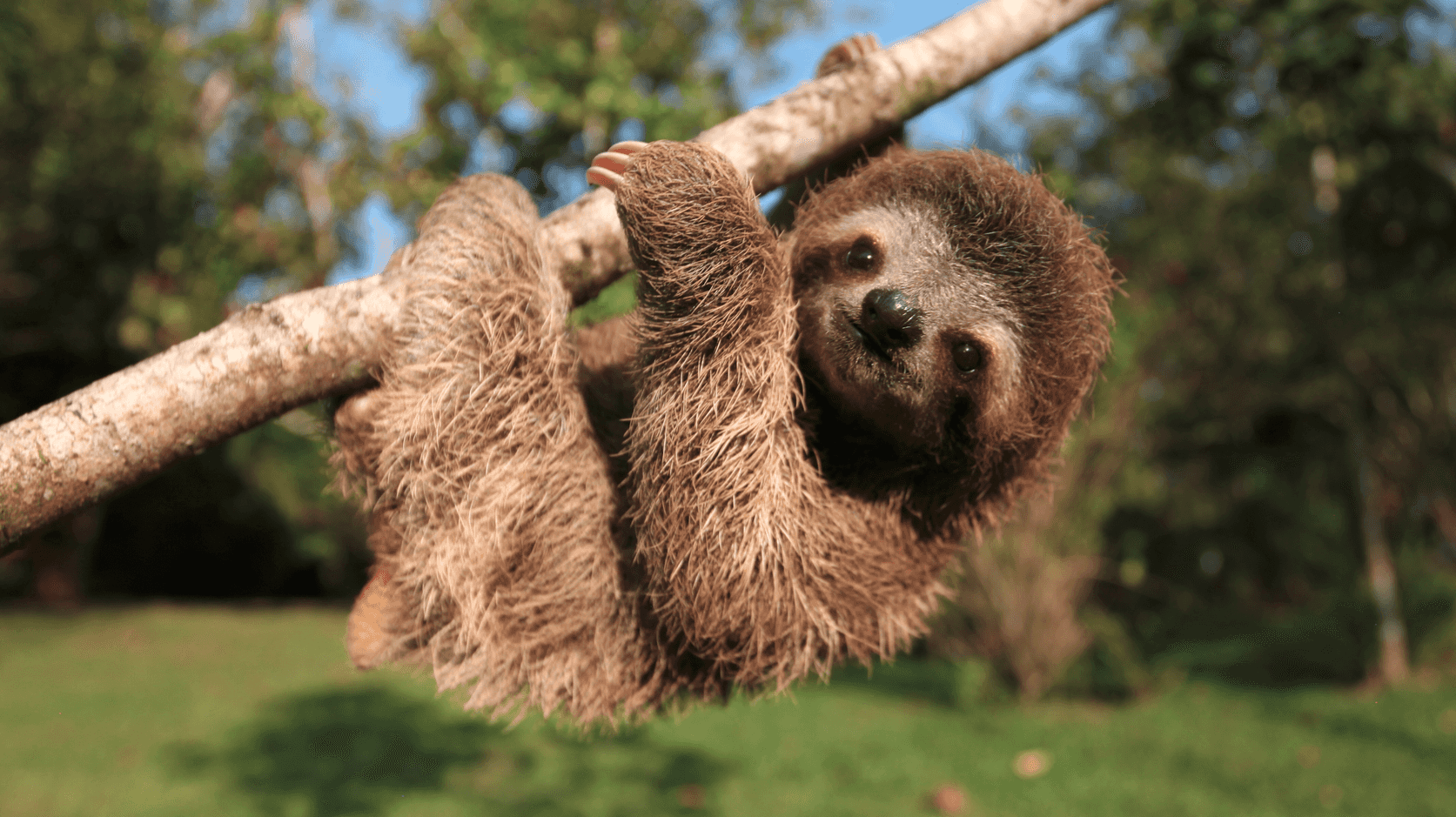
Nature’s Miracle Orphans tells their stories as it follows the different stages of care needed to get koalas, wallabies, sloths, kangaroos and fruit bats through infancy, childhood and on the road to independence where they can look after themselves.
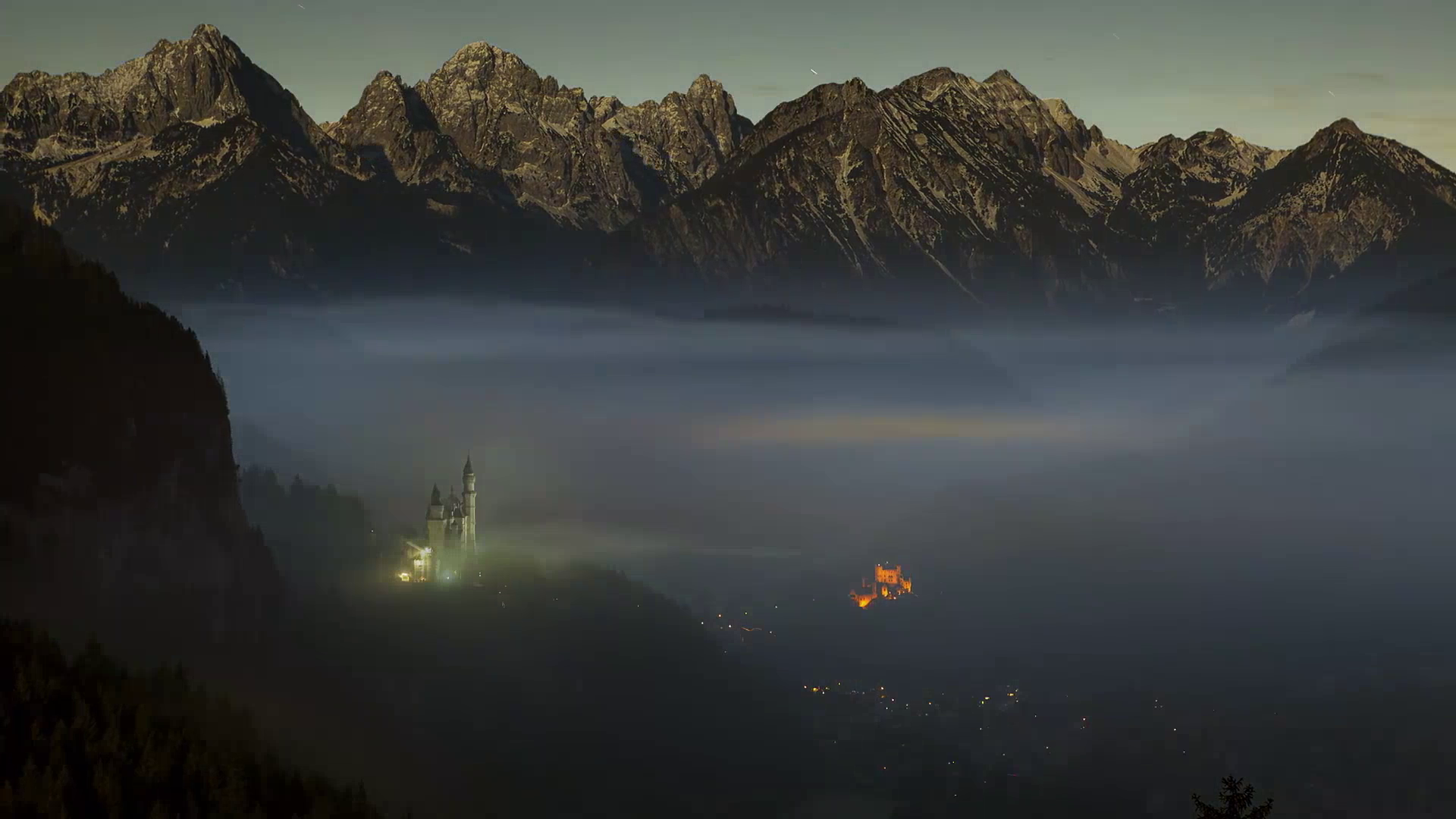
The landscapes of Europe are as incredible as they are different. They are full of secrets and surprises.
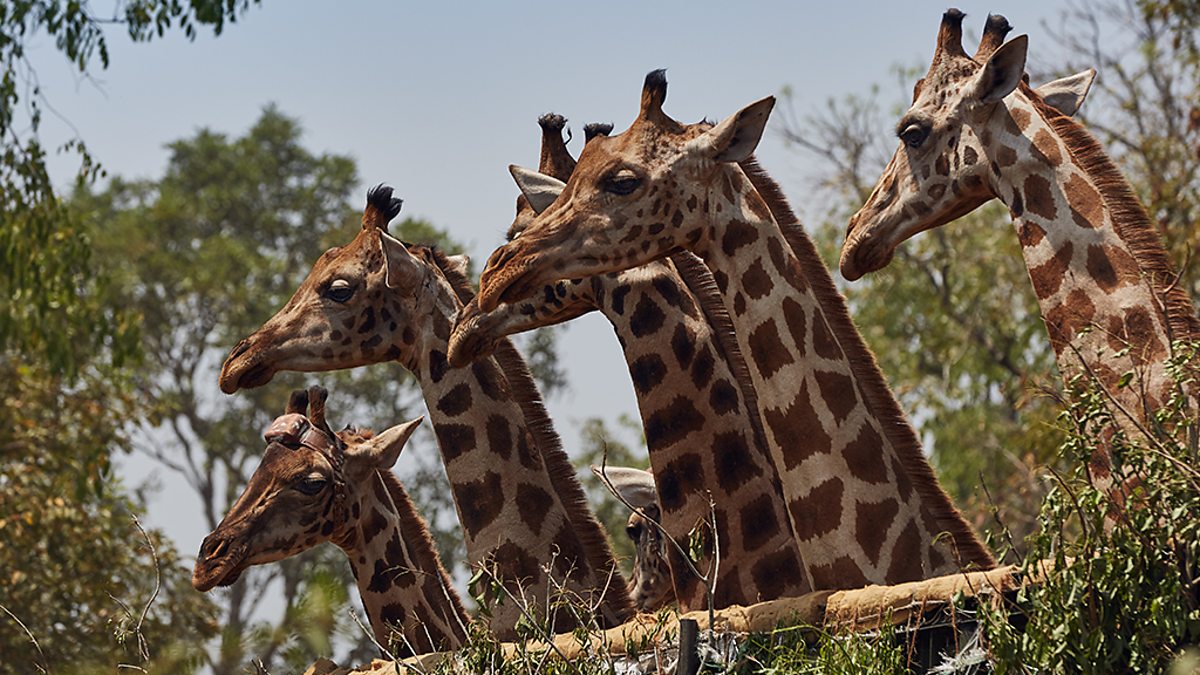
It’s ironic that the life of one of the world’s most identifiable and popular wild animals, the giraffe, is still something of a mystery.
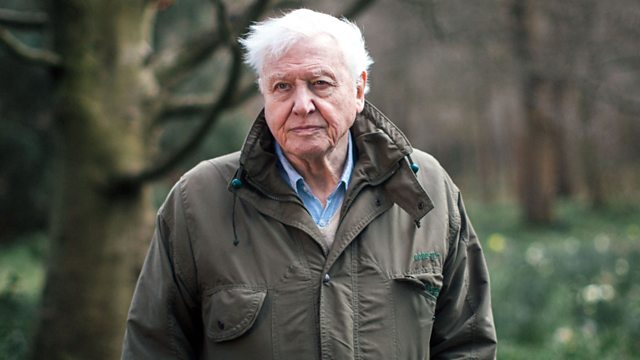
After one of the hottest years on record, Sir David Attenborough looks at the science of climate change and potential solutions to this global threat.
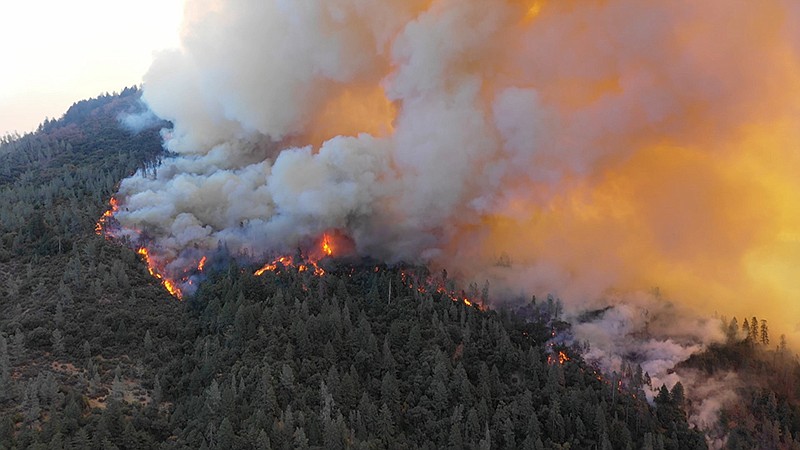
Scientists investigate what was behind the deadly megafires that swept through California in 2018.

Why are insects small and planets big? Why is Earth not the size of Jupiter, or why aren’t people the size of mice?
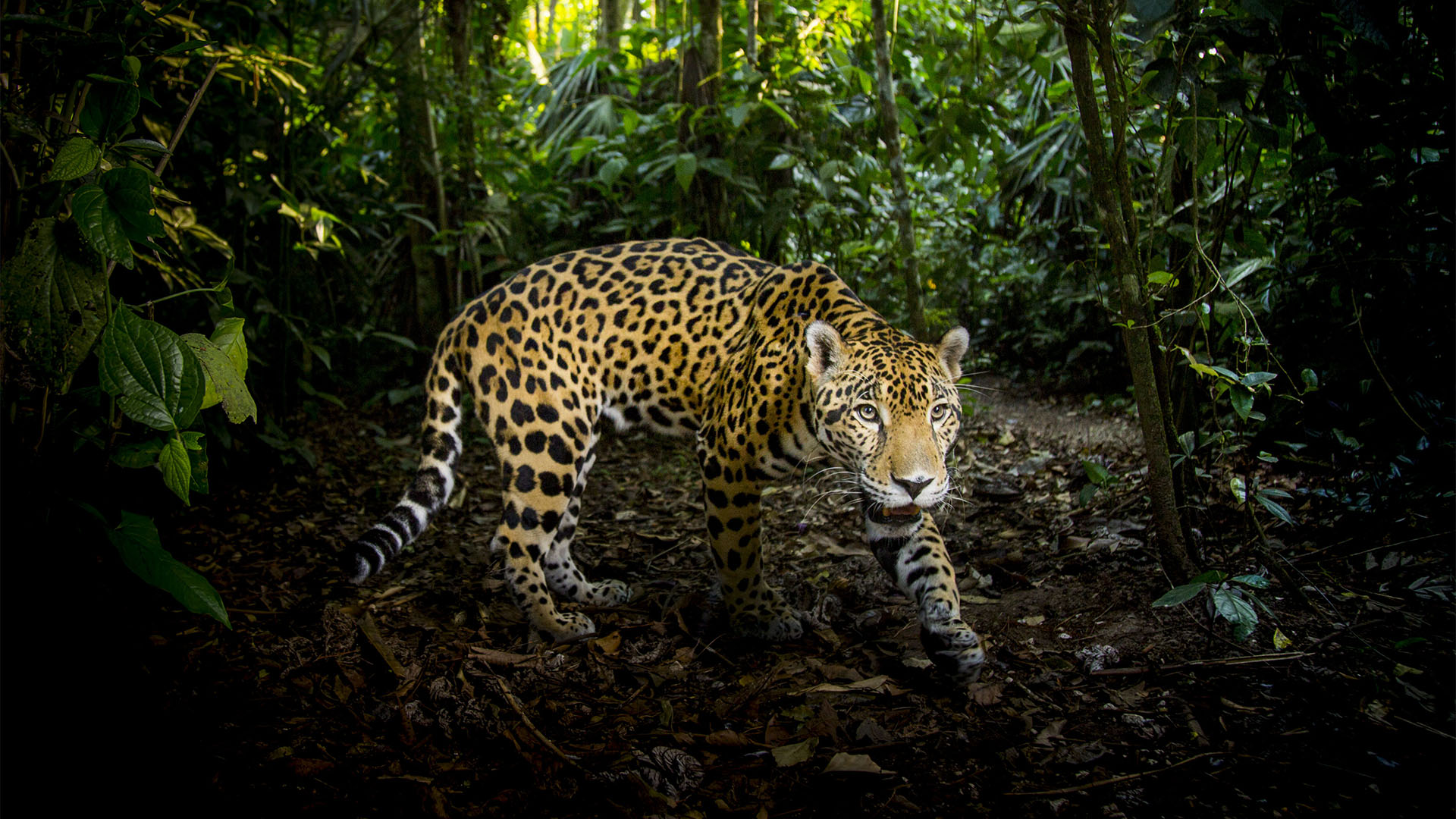
Uncover the secret lives of big cats who thrive in all four corners of the globe, from the solitary snow leopard to the nimble black-footed cat, seen through the latest camera technology and science.
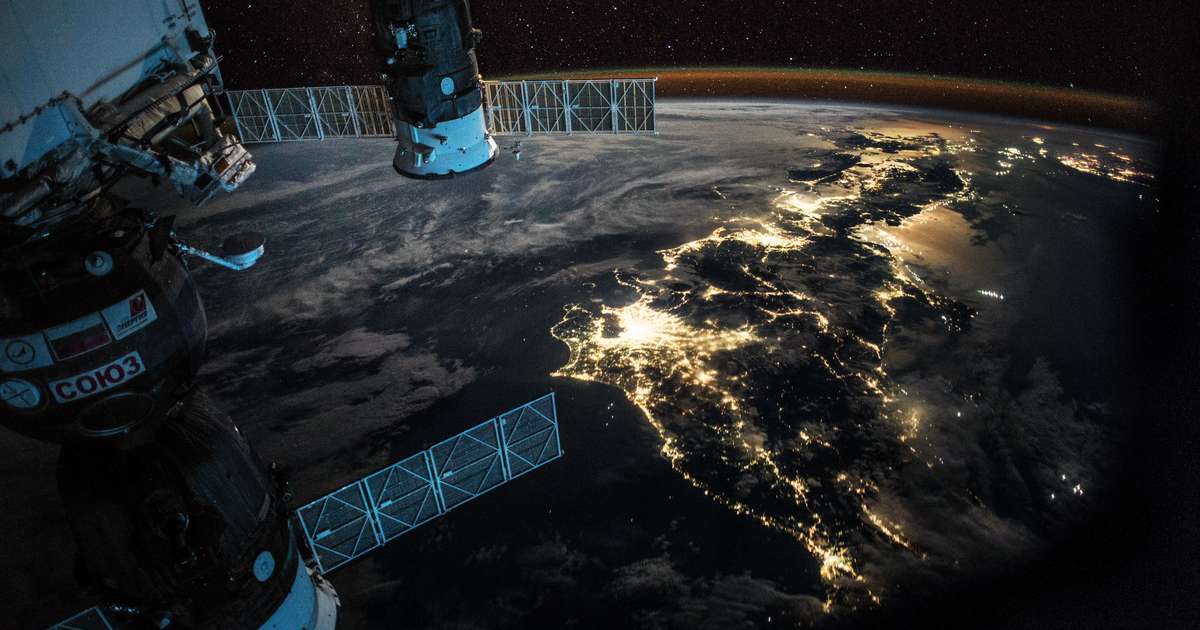
In just half a century, the human population has doubled to 7.4 billion, and during that time, astronaut and satellite photos have been capturing the startling changes on our planet.
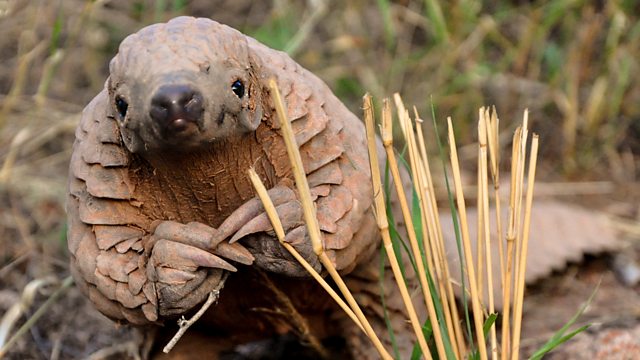
Nature documentary following the efforts to save the pangolin, a little-known scaly mammal with an unfortunate tagline – they are the world’s most illegally trafficked animals.